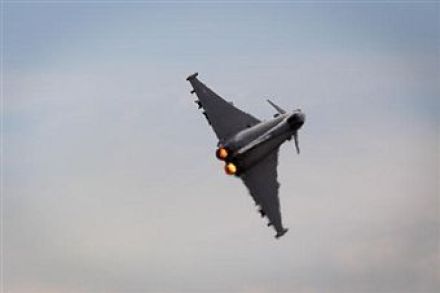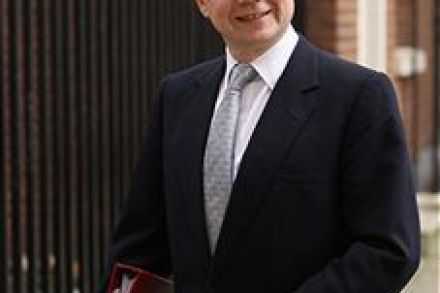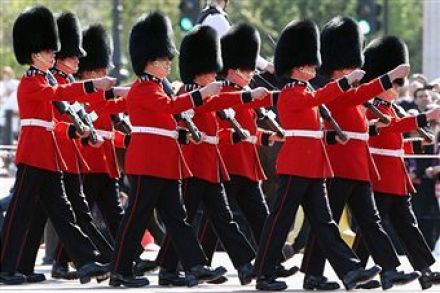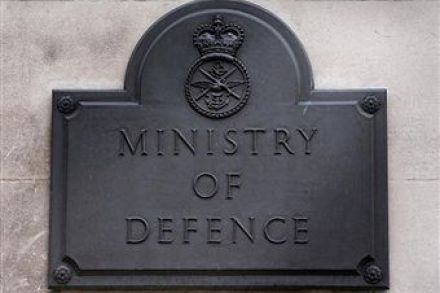Should the West negotiate with Gaddafi?
This week, former Foreign Secretary David Miliband gave a speech in the United States about Afghanistan, proposing the hand over of responsibility for building a political solution to the UN, headed by a Muslim mediator capable of negotiating with the Taliban as well as partners throughout the region. Last week, also saw former US negotiator Daniel Serwer make an interesting parallel to his time negotiating peace in Bosnia: ‘In my experience, there is nothing like staring a military commander in the face, asking him what his war objective is, and discussing alternative means to achieve it. I asked the commander of the Bosnian Army that question in 1995, having been

















